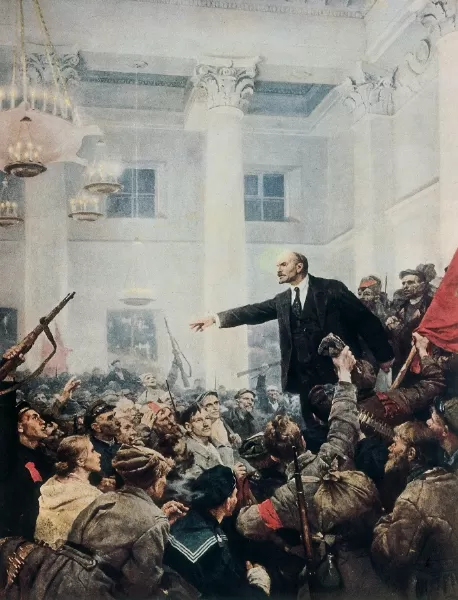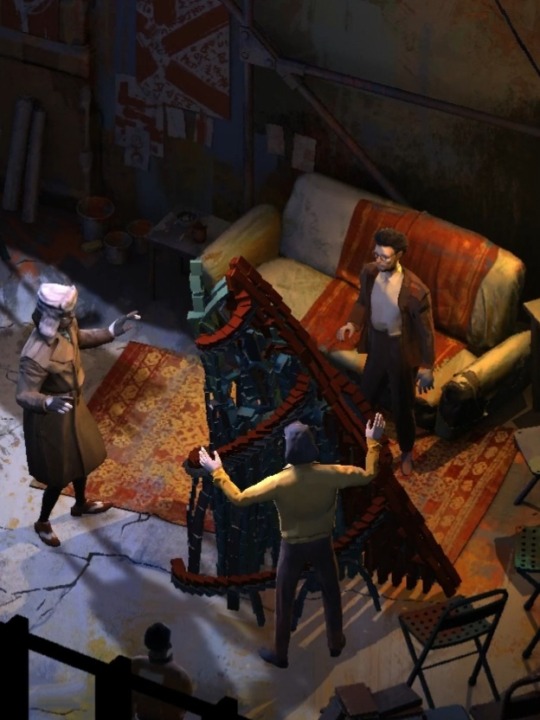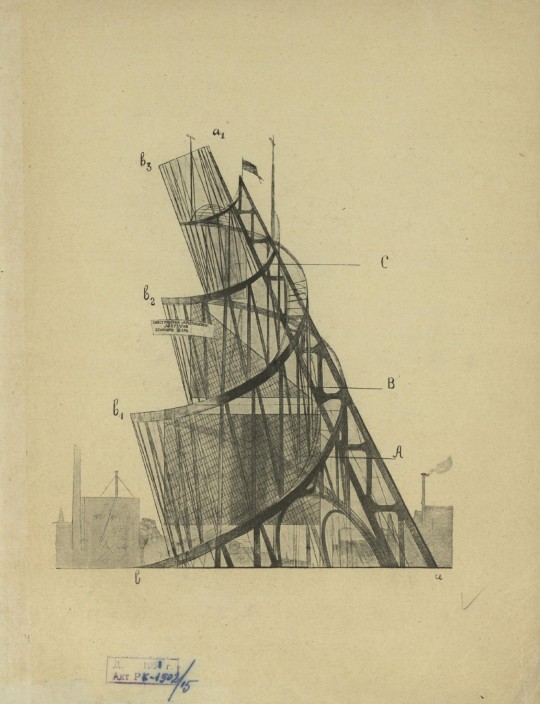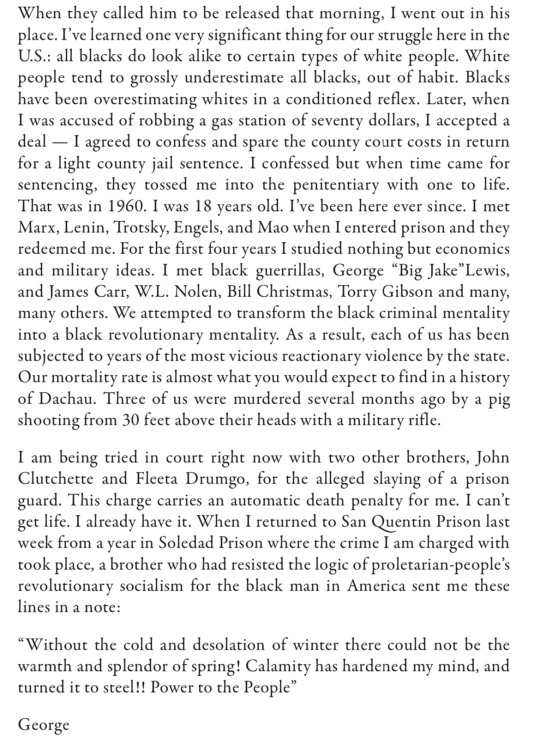#lenin quotes
Explore tagged Tumblr posts
Text
"Capitalists are no more capable of self-sacrifice than a man is capable of lifting himself up by his own bootstraps."
Vladimir Lenin
#capitalist myths#vladimir lenin#lenin quotes#socialist quotes#socialist thoughts#socialist theory#socialism#communism#marxism leninism#socialist politics#socialist news#socialist worker#worker solidarity#workersolidarity#socialist#communist#marxism#marxist leninist#progressive politics#politics#anticapitalism#anti capitalist#anti capitalism#anticapitalist#fuck capitalism#fuck neoliberalism
236 notes
·
View notes
Text

"Despair is typical of those who do not understand the causes of evil, see no way out, and are incapable of struggle."
-Vladimir Lenin
#vladimir lenin#quotes#truth#l.n. tolstoy and the modern labour movement#armed struggle#revolutionary art
795 notes
·
View notes
Text
In Western discourse, it is claimed that democracy and liberal market capitalism are linked together as conjoined twins. However, liberal capitalism thrives when linked with fascism, as we have seen in Nazi Germany, Franco's Spain, and Pinochet's Chile. If the development of liberal democracy is linked to something, then it is linked to colonialism… The Eurocentric universalization of multiparty liberal parliamentarism as the essence of democracy not only overlooks its historical roots and how it is exercised on the global level, but it also fails to question the rule of capital in liberal democracy. It presents democracy as a purely procedural phenomenon and masks the underlying political and economic content—the exploitation needed for capitalist production and environmental destruction. However, you cannot isolate the political form of management from the laws of the economic sphere.
-The Long Transition Towards Socialism and the End of Capitalism by Torkil Lauesen, pgs.267-268
(PDF included in the hyperlink)
159 notes
·
View notes
Text
The bourgeoisie does its job splendidly; it makes all sorts of promises, but in effect pursues only its class policy.
Lenin, 1917
118 notes
·
View notes
Text
Generating plasm and stacking matchboxes: how to build a better future through collective consciousness.
Alternatively - Steban and Ulixes were building Tatlin's Tower so I have to talk about the symbolism or I will explode!!


While completing the communist vision quest you get an opportunity to build a model of "The Tower of History", depicted on the last page of "A Brief Look at Infra-Materialism": a leaning tower wrapped in a dramatic helix. The scale model you make is a mirror image of Tatlin's Tower - a design for a grand monumental building to the Third International: the government organization advocating for world communism.
The main idea of the monument was to produce a new type of structure, uniting a purely creative form with a utilitarian form. Meaning it would function as an office building while also serving as a symbol of cultural significance. And let me tell you, this bad boy can fit so much symbolism in it.
Tatlin was commissioned to develop a design in 1919, after the 1917 February Revolution - a parallel to Disco Elysium's Insulinde we're witnessing post-Antecentennial Revolution.
Tatlin's work was inspired by high revolutionary goals, which are evident in the visual direction of the tower as well, expressing the ideological strive for achieving something that has never been done before, overcoming the odds. The structure "oscillates like a steel snake, constrained and organized by the one general movement of all the parts, to raise itself above the earth. The form wants to overcome the material and the force of gravity..."
The tower has meaning packed even in the materials. For example, the glass structures (marked A, B, C on the architectural rendering) were meant to serve legislative, executive and informative initiatives while rotating around their axes at different speeds. The material signified the purity of initiatives, their liberation from material constraints and their ideal qualities.
But here's the best part. The spirals.
"The spiral is the movement of liberated humanity. The spiral is the ideal expression of liberation: with its base set in the earth, it flees from the ground and becomes a symbol of the suspension of all (...) earthy interests." They are "the most elastic and rapid lines which the world knows" that represent movement and aspiration, continuing the themes of progress and freedom, but they also refer to something else.
In the process of building the matchbox model Rhetoric points out: "It's almost exactly as Nilsen's sketch imagined, a physical manifestation of the dialectical spiral of history."
The shape of the tower is a representation of dialectical development of history, first visualized as a spiral by G. W. F. Hegel. He pictured transformational change as "both linear and circular in order to be short-term responsive, i.e. possibly negating itself, and long-term strategic, i.e. a process of development."
Hegel's dialectics would later be reinterpreted through the prism of materialism by Marx and Engels to create dialectical materialism - the basis for historical materialism.
"Still, this idea, as formulated by Marx and Engels on the basis of Hegels’ philosophy, is far more comprehensive and far richer in content than the current idea of evolution is. A development that repeats, as it were, stages that have already been passed, but repeats them in a different way, on a higher basis, (...) a development, so to speak, that proceeds in spirals, not in a straight line; a development by leaps, catastrophes, and revolutions; (...) the interdependence and the closest and indissoluble connection between all aspects of any phenomenon (history constantly revealing ever new aspects), a connection that provides a uniform, and universal process of motion, one that follows definite laws - these are some of the features of dialectics as a doctrine of development that is richer than the conventional one."
The tower embodies progress in materialist understanding of history while also indicating the connection to ideological plasm, a manifestation of "the proletariat's embrace of historical materialism", necessary to create a better future.
According to Nilsen, the proletariat of a revolutionary state can generate enough plasm to create extra-physical architecture that "disregards the laws of 'bourgeois physics' and instead relies on the revolutionary faith of the people for structural integrity."
This function of plasm implies that The Tower of History can be created only under revolutionary circumstances - without a sufficient amount of plasm even the matchbox model didn't stay up. The exact same sentiment is expressed about Tatlin's Tower: "We maintain that only the full power of the multimillion strong proletarian consciousness could bring into the world the idea of this monument and its forms. The monument must be realized by the muscles of this power, because we have an ideal, living and classical expression the pure and creative form of the international union of the workers of the whole world."
Nilsen called it "the highest expression of Communist principles, a society whose literal foundation is the faith of its people."
Tatlin's Tower was a symbol of faith in the revolutionary future, the global triumph of Marxist socialism. A monument "made of iron, glass and revolution."
It was never built in real life, and neither was The Tower of History in the world of Elysium.
But you can try to see if there's enough plasm between the three of you. And the matchbox tower stays up for a long moment, quivering with an improbable energy. You believe it can say up - and it does.
So you have to believe; whether it's for collective action or generating ideological plasm. Then, together, maybe you'll be able to build as much as 0.0002% of communism.
#i tricked myself into reading leftist theory for disco elysium#never thought i would be reading Lenin to write about videogame worldbuilding#tower related quotes are from ''The monument to the Third International'' by Nikolai Punin#infra-materialism#disco elysium#de#de meta#disco elysium analysis#disco elysium spoilers#disco elysium meta
682 notes
·
View notes
Text

'There are decades where nothing happens; and there are weeks where decades happen.' V.I. Lenin.
#vladimir llyich lenin#quotes#this shit again#trump part two#because god fucking damnit can we do one thing right? no.#christofascists#bert and ernie
43 notes
·
View notes
Text

#sankara#thomas sankara#burkina faso#burkinabe#pan africanism#marxism#marxism leninism#marxist#marxist leninist#quotes#education#organising
30 notes
·
View notes
Text

"When a man got nothin’ left—no money, no power—all he got is himself. So if standin’ butt ass naked in the street, jelqin’ and pumpin’ like a fuckin' lunatic, showin’ the world you ain't ashamed of your struggle, makes you free—then do it. ‘Cause real revolution starts with self-love and no fear."
#tupac shakur#tupac#rip tupac#2pac#tupac quotes#marxism leninism#communism#jelq#jelqing#penis pump#inspiring quotes#positivity#quotes#motivation#gnosis#socialism
17 notes
·
View notes
Text
The enemies of our revolution among the people are few in number, but as the struggle grows more acute they become more and more organised and receive the support of the reactionary strata of the bourgeoisie. It is therefore absolutely natural and inevitable that in such a period, a period of nation-wide political strikes, an uprising cannot assume the old form of individual acts restricted to a very short time and to a very small area. It is absolutely natural and inevitable that the uprising should assume the higher and more complex form of a prolonged civil war embracing the whole country, i.e., an armed struggle between two sections of the people. Such a war cannot be conceived otherwise than as a series of a few big engagements at comparatively long intervals and a large number of small encounters during these intervals.
V.I. Lenin,
Guerrilla Warfare
35 notes
·
View notes
Text

soledad brother: the prison letters of george jackson
#op#ngl i read the quote 'i met marx lenin trotsky engels and mao when i entered prison and they redeemed me' and almost started crying
23 notes
·
View notes
Text

227 notes
·
View notes
Text

#fidel castro#socialist quotes#cuban revolution#socialist revolution#socialism#communism#marxism leninism#socialist politics#socialist worker#socialist history#socialist news#socialist#communist#marxism#marxist leninist#progressive politics#politics
954 notes
·
View notes
Text

It is not difficult to be a revolutionary when revolution has already broken out and is in spate, when all people are joining the revolution just because they are carried away, because it is the vogue, and sometimes even from careerist motives. It is far more difficult—and far more precious—to be a revolutionary when the conditions for direct, open, really mass and really revolutionary struggle do not yet exist.
Vladimir Lenin, Left-Wing Communism: An Infantile Disorder (1920)
793 notes
·
View notes
Text
The withering of the State is pointed to by Marxists as the most decisive characteristic of the transition of socialism to communism. So long as imperialism exists and so long as there is still an internal danger of capitalist restoration, socialist societies cannot be expected to let down their guard and dissolve the instruments of coercion by which the proletariat can keep down and eliminate the bourgeoisie as a class. Those who are capable of thinking only in terms of pre-socialist state power cannot imagine how the State could ever be dissolved. They call this impossible and utopian. What compounds their ignorance of the Marxist definition of the State as a class instrument of coercion is that they think unfairly that Marxism prescribes the end of all authority in communism. That is not Marxism but anarchism.
Jose Maria Sison, Basic Principles of Marxism-Leninism
20 notes
·
View notes
Text
There is a well-known saying that if geometrical axioms affected human interests attempts would certainly be made to refute them. Theories of natural history which conflicted with the old prejudices of theology provoked, and still provoke, the most rabid opposition. No wonder, therefore, that the Marxian doctrine, which directly serves to enlighten and organise the advanced class in modern society, indicates the tasks facing this class and demonstrates the inevitable replacement (by virtue of economic development) of the present system by a new order—no wonder that this doctrine has had to fight for every step forward in the course of its life.
Marxism and Revisionism by Lenin
58 notes
·
View notes
Text
any other major world events want to play out this week? we've still got sunday!
11 notes
·
View notes